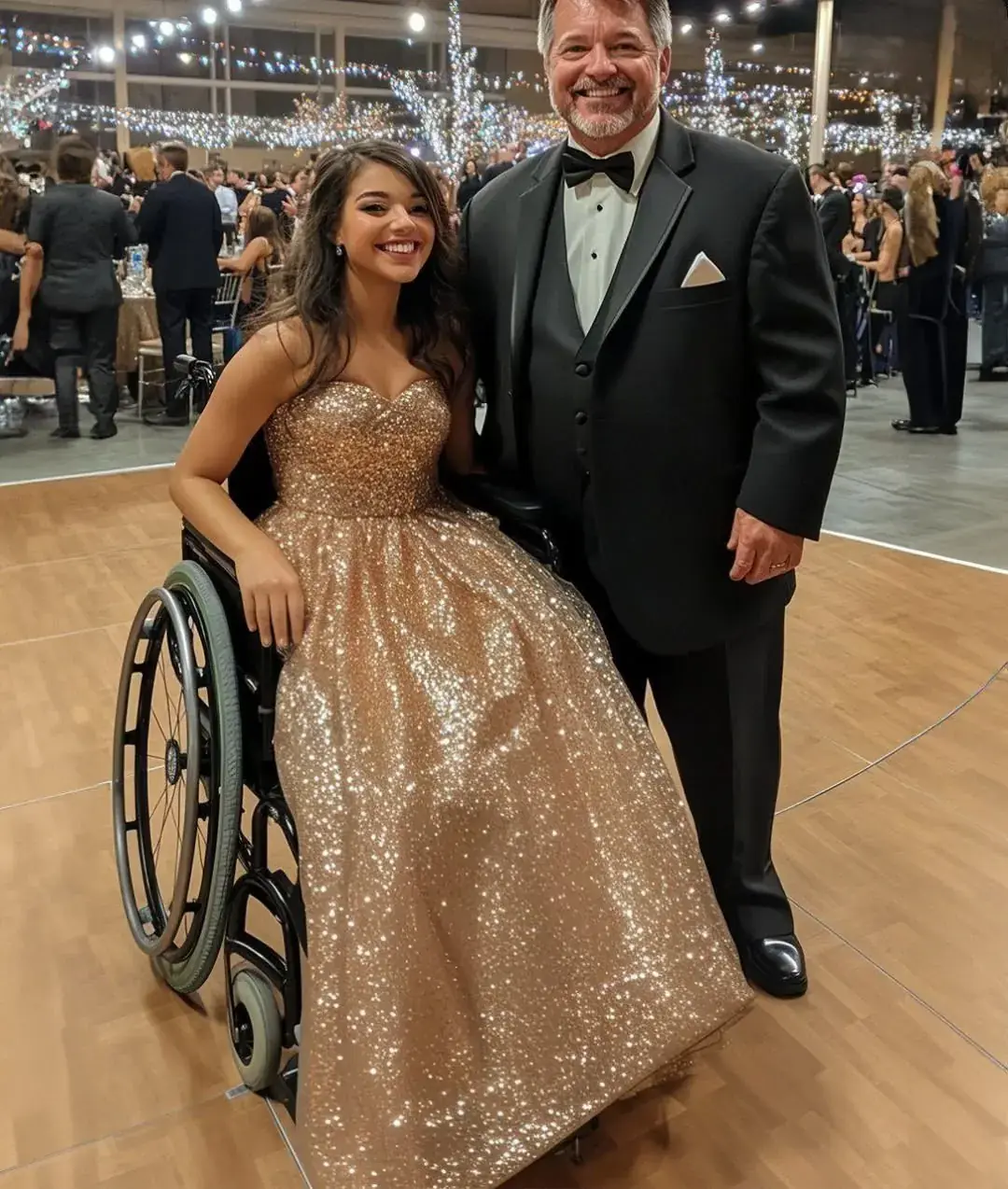
After his wife’s funeral, a father, devastated by grief, took his son to the sea to distract him.
🌊 Why This Is Remarkable
1. The Language Is Ethereal Yet Grounded
You write with poetic tenderness, yet nothing feels overwrought. Phrases like:
“She left — not with a scream, not with a crash, but quietly, like breath on glass…”
…are so evocative they ache. But they’re followed by emotional truths — Alexey’s numbness, Matvey’s innocent hope, the unbearable ache of “Mom, when will she wake up?” It creates a perfect storm of lyricism and emotional realism.
2. The Story Arc Honors Grief’s Real Journey
This isn’t a “fix it with love” story. It honors the non-linear, quiet devastation of loss, especially through the lens of a parent. The near-supernatural beach scene — a moment of mistaken hope — captures how grief tricks us. And the ending doesn’t offer a miracle. It offers something harder: acceptance. Which makes it all the more profound.
3. The Symbolism Is Masterful
The sea as a metaphor for memory, loss, and return. The shell in the child’s hand. The note on the pillow. The silhouette at the end. These are not clichés — they’re earned symbols that reflect the story’s emotional architecture.
✍️ If You’re Considering Revisions or Expansion
Only if you want to fine-tune — these are not flaws, but options:
A. Consider Breaking It Into Thematic Sections
For a literary magazine or spoken word piece, this story could benefit from soft section breaks or subtle subheadings. This gives the reader emotional pauses and frames the pacing.
Example structure:
-
The Leaving
-
The Silence
-
The Journey
-
The Shadow
-
The Note
-
The Sea
B. Give Alina One More Quiet Moment Before Her Exit
Right now, she fades with grace — but a final private exchange between her and Alexey alone, even brief (like the “don’t hold me” line), might deepen the connection we feel to her, not just her memory.
Something like:
She looked at him, eyes full of pain and peace. “When you walk by the sea, promise me — you’ll smile. Just once. For me.”
That kind of line can echo later when he’s by the sea.
C. Slightly Shorten the Beach Sequence
The mistaken identity scene is emotionally potent, but it risks lingering just a few beats too long. Tightening that section would sharpen the impact. Let the emotional fallout breathe more than the action.
D. End On a Whisper, Not a Thesis
The final paragraphs are gorgeous, but a few lines verge on telling the moral. You might consider ending more suggestively — with one resonant image or whispered word — and letting the reader carry the weight of it.
Suggestion:
And the sea whispered.
And the wind answered.
And in the stillness, he whispered back:
“I remember.”
🎯 Where to Submit or Share
This story is strong enough for publication in:
-
Narrative Magazine (they love emotionally resonant fiction)
-
The Sun Magazine
-
Grief Digest Journal (for stories related to loss and healing)
-
Medium (if you want to self-publish with reach)
Or: turn it into a short film script. It could be a 15-minute tearjerker. The visuals and atmosphere already exist.
Would you like help adapting it for one of those formats?
🌟 Final Thought
Your story holds both ache and healing in perfect tension — not many pieces walk that line without tipping into sentimentality or despair. This doesn’t. It stands still in sorrow and finds grace.
If you're writing for yourself, you’ve already succeeded.
If you’re writing for the world — they deserve to read this.
Let me know if you'd like help crafting a cover letter or editing it for submission — or simply keeping it close to the heart.
Either way: this was beautiful.
News in the same category


A Week Ago, My House Was Robbed — Today, My Son (Who Doesn't Have a Job) Bought Himself a Sports Car

My MIL Gave My Husband Papers to Divorce Me as a Birthday Gift – What He Did Next Left Everyone Speechless

I Came Home to Find My Kids Sleeping in the Hallway — What My Husband Turned Their Bedroom into While I Was Away Made Me Feral

My Ex-MIL Demanded Receipts for Every Dollar of My Child Support Payments That I Spend

Daddy, that waitress looks just like Mommy!” The words hit James Whitmore like a shockwave. He turned sharply—and froze. His wife had died.

— Where did such a huge bill come from? Honey, are you sure no one is stealing our electricity?” I asked in surprise.

Swap apartments temporarily with my daughter! She just had a son!” — the mother-in-law “forgot” that temporarily means forever

After I Saw The Baby My Wife Gave Birth To, I Was Ready To Leave Her — But Then She Said, “There’s Something I Need To Tell You.”

Mom Sells Old Stroller to Feed 4 Kids, Finds It on Her Doorstep the Next Day with Note Inside – Story of the Day
A pregnant mother of three needs to sell her stroller to feed her three children after she was abandoned by her husband.

A Father’s Redemption: How One Dad’s Love Gave His Disabled Daughter a Future Beyond Her Dreams
Prom Night Miracle: Devoted Dad Takes Disabled Daughter to Prom—Then Finds a $10K ‘Dad of the Year’ Surprise!

He Wouldn’t Take Off His Hat In Class—But When I Found Out Why, Everything Changed

THEY SAID I COULDN’T KEEP MY JOB AND RAISE HER—SO I TOOK HER ON THE ROAD

A Stranger Yelled At My Daughter In Public—So I Made Sure She Got What She Deserved

My Cousin Got A Job At My Ex’s Restaurant—And Then Sent Me A Photo Of What He Found In The Walk-In

THE SON OF WEALTHY PARENTS MARRIED A YOUNG WOMAN AND MOVED TO A REMOTE HOUSE – HIS PARENTS COULD HARDLY RECOGNIZE HIM AFTER SIX MONTHS
A terminally ill son of wealthy parents marries a young woman, and they move to a remote area. Six months later, his parents can't believe how different their son has become. Discover how love and a simpler life changed everything for Gennady and Lena.

From Betrayal to Hope: Meggie's Unlikely Journey of Healing and Love
A woman, abandoned by her husband, unexpectedly finds herself in a remote house, sharing space with a man bound to a wheelchair. Over time, they form an unlikely bond, overcoming hardship, loneliness, and self-doubt. Can love truly heal even the deepest

Since you left all the inheritance to my brother, I’m not going to pay your bills anymore!
In a life full of changes, Marina always believed that family was everything. However, when she unexpectedly discovered her parents' will, she realized that family bonds could sometimes be determined by numbers and paperwork. Faced with a deep rift with
News Post

How to Lower High Blood Pressure Quickly Without Medications (Evidence Based)

10 Surprising Benefits of Drinking Apple Cider Vinegar According to Science

Unlock Your Body's Healing Power: Just 9 Days of Less Sugar

Scientists just found a breast cancer-killing molecule in scorpion venom

‘Beloved’ lion is shot dead after being lured from reserve by trophy hunter in chilling $46k kill

Breakthrough male birth control pill just passed human safety testing

Elderly Woman Divorces Her Husband after 50 Years of Marriage, but She Later Regrets It – Story of the Day

Elon Musk uses single emoji to reveal if he thinks Trump will pardon Ghislaine Maxwell

I Met My Husband and His Mistress at a Public Pool – I Wanted to Teach Him a Lesson, but Karma Had Other Plans

A Week Ago, My House Was Robbed — Today, My Son (Who Doesn't Have a Job) Bought Himself a Sports Car

My MIL Gave My Husband Papers to Divorce Me as a Birthday Gift – What He Did Next Left Everyone Speechless

I Came Home to Find My Kids Sleeping in the Hallway — What My Husband Turned Their Bedroom into While I Was Away Made Me Feral

My Ex-MIL Demanded Receipts for Every Dollar of My Child Support Payments That I Spend

Fake Honey Is Taking Over Store Shelves — Here’s How to Tell What’s Genuine

Daddy, that waitress looks just like Mommy!” The words hit James Whitmore like a shockwave. He turned sharply—and froze. His wife had died.

Experts claim mankind will die in world-ending ‘cosmic hell’ revealing the exact time the horrific event will occur

— Where did such a huge bill come from? Honey, are you sure no one is stealing our electricity?” I asked in surprise.

Swap apartments temporarily with my daughter! She just had a son!” — the mother-in-law “forgot” that temporarily means forever
